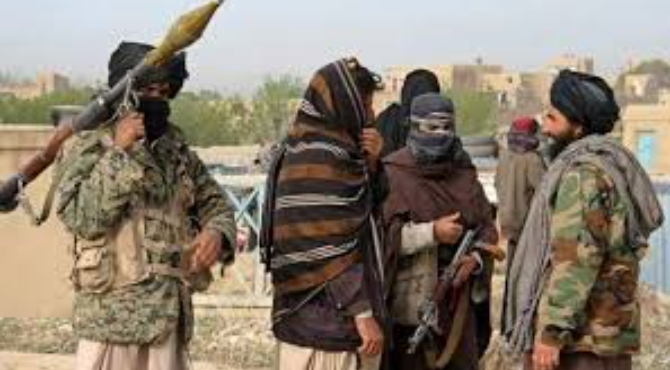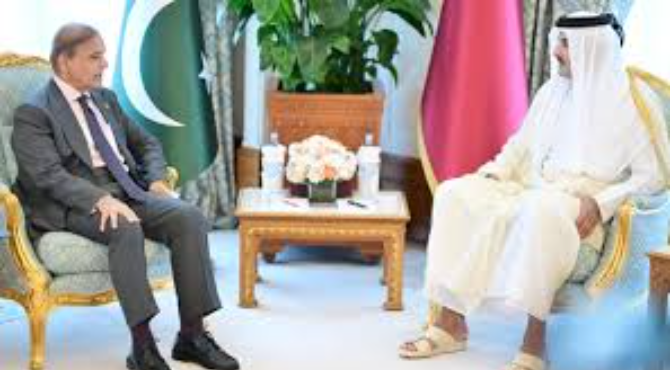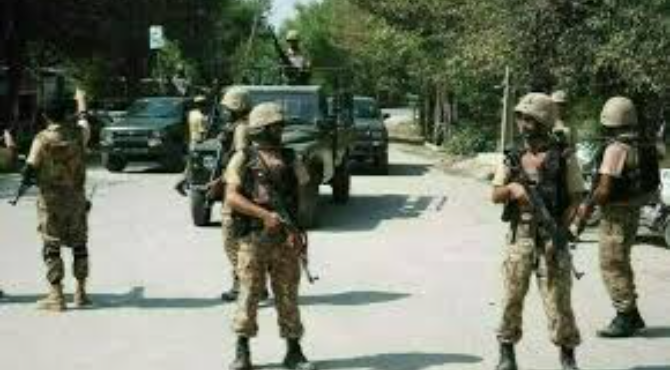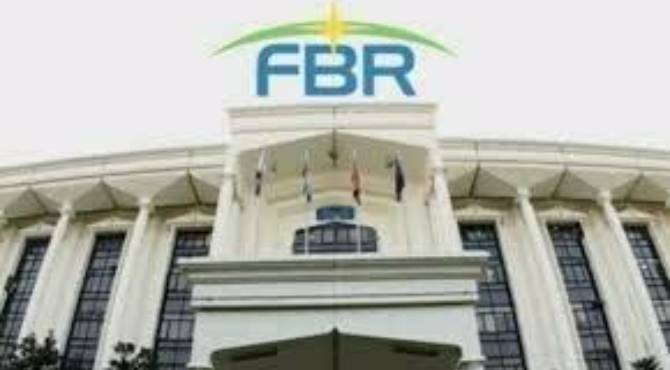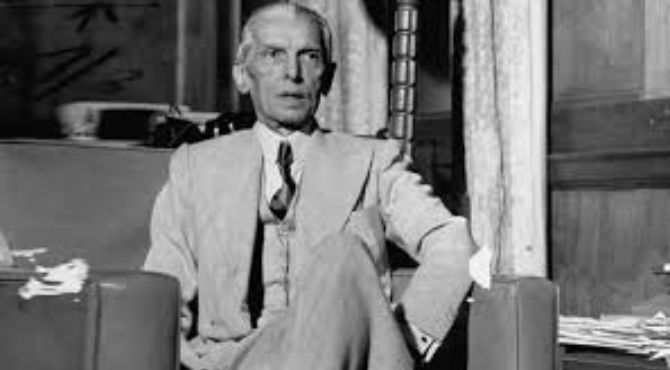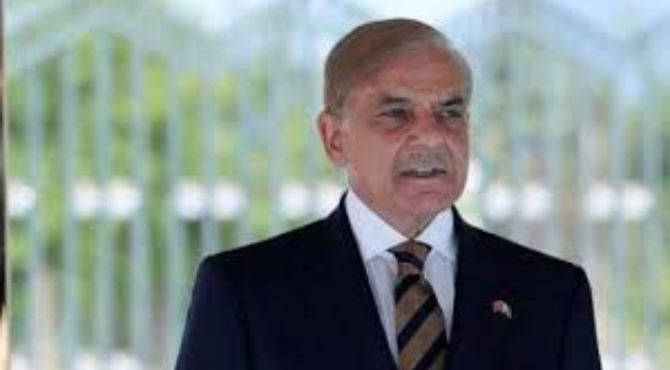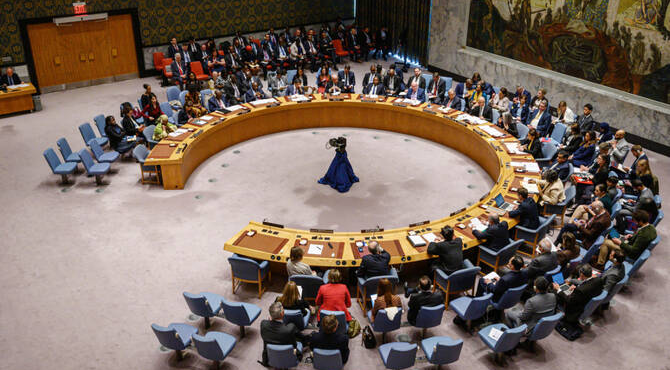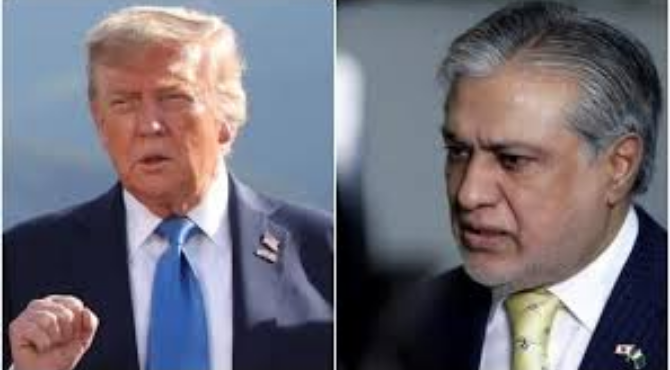Web Desk(National times)- Pakistan’s efforts to curb the recent surge in terrorism are being hampered by internal political divisions, particularly over differing approaches between the Centre and the Khyber Pakhtunkhwa (KP) government, according to a report published by The Diplomat — a US-based publication focused on politics, security in the Indo-Pacific region. The divergence in policies, according to the report, has made it challenging for political leadership to develop a unified, comprehensive strategy to tackle the escalating threat of militancy across the country. Pakistan has witnessed a surge in cross-border terror incidents since Taliban rulers returned to Afghanistan in 2021, particularly in the bordering provinces of KP and Balochistan. The report stated that internal political dynamics, including differing strategies pursued by the federal government and the Pakistan Tehreek-e-Insaf (PTI)-led provincial government in KP, have complicated counter-terrorism efforts. “Pakistan’s counter-terrorism strategy has historically fluctuated between kinetic operations against militant groups and dialogue. For example, during Imran Khan’s tenure as prime minister from 2018 to 2022, the PTI pursued a negotiation-heavy policy to manage the TTP threat. Khan’s approach involved resettling thousands of TTP militants in Pakistan as part of rehabilitation and talks with the group. Back then, this was framed as a pragmatic step to de-escalate violence in the province,” it said. However, according to the report, critics in Pakistan’s policymaking circles argued that this was also an attempt by the KP-based political groups to appease the Afghan Taliban in order to win their cooperation against the TTP. “The policy was seemingly aimed to foster goodwill with Kabul. However, it backfired as it only ended up emboldening militants who had returned to Pakistan, and allowed space for cross-border infiltrations,” the report stated. The report said that Islamabad appears to have learned the hard lessons of appeasement. Consequently, the incumbent Pakistan Muslim League-Nawaz (PML-N)-led coalition government, as well as state institutions, have firmly ruled out negotiations with the TTP. However, in KP, where the PTI holds power, the no-talks-with-the-TTP policy shift does not seem to have been fully embraced by the provincial government, it added.
Political fissures hinder Pakistan’s anti-terrorism strategy: report
